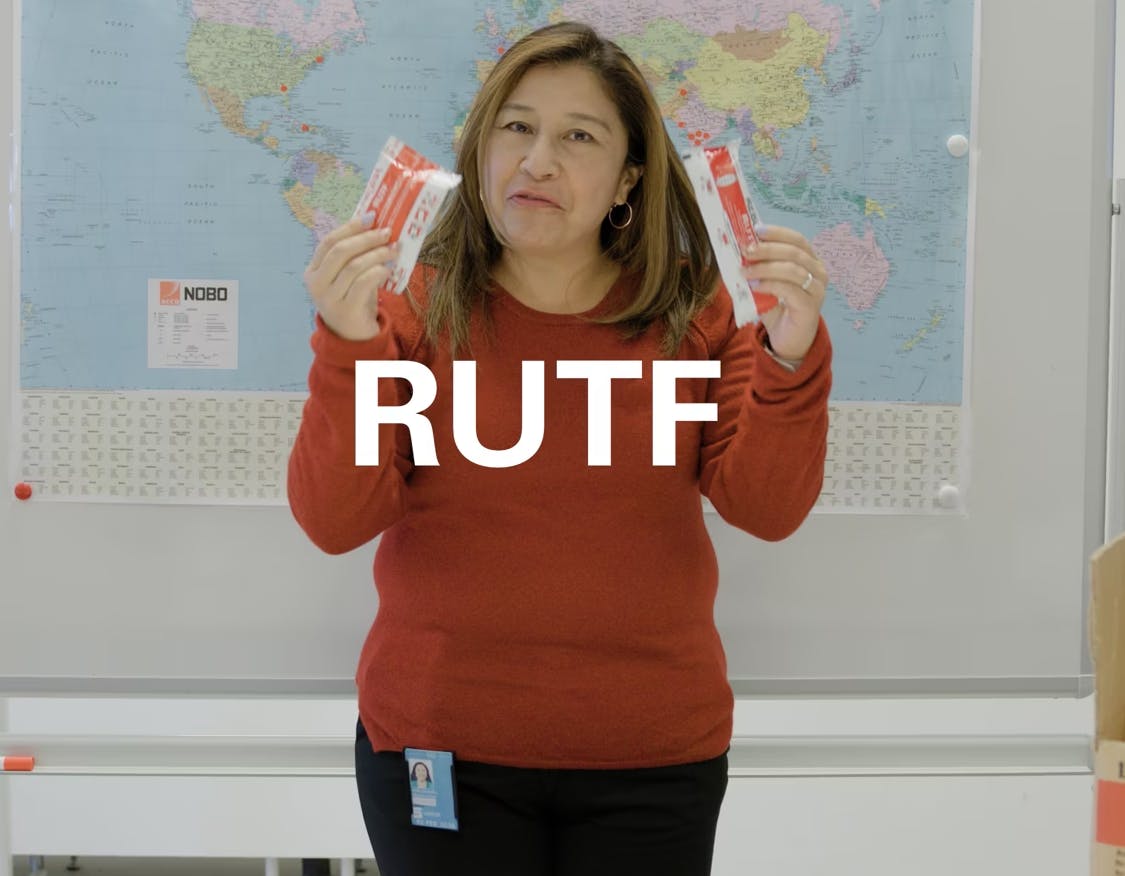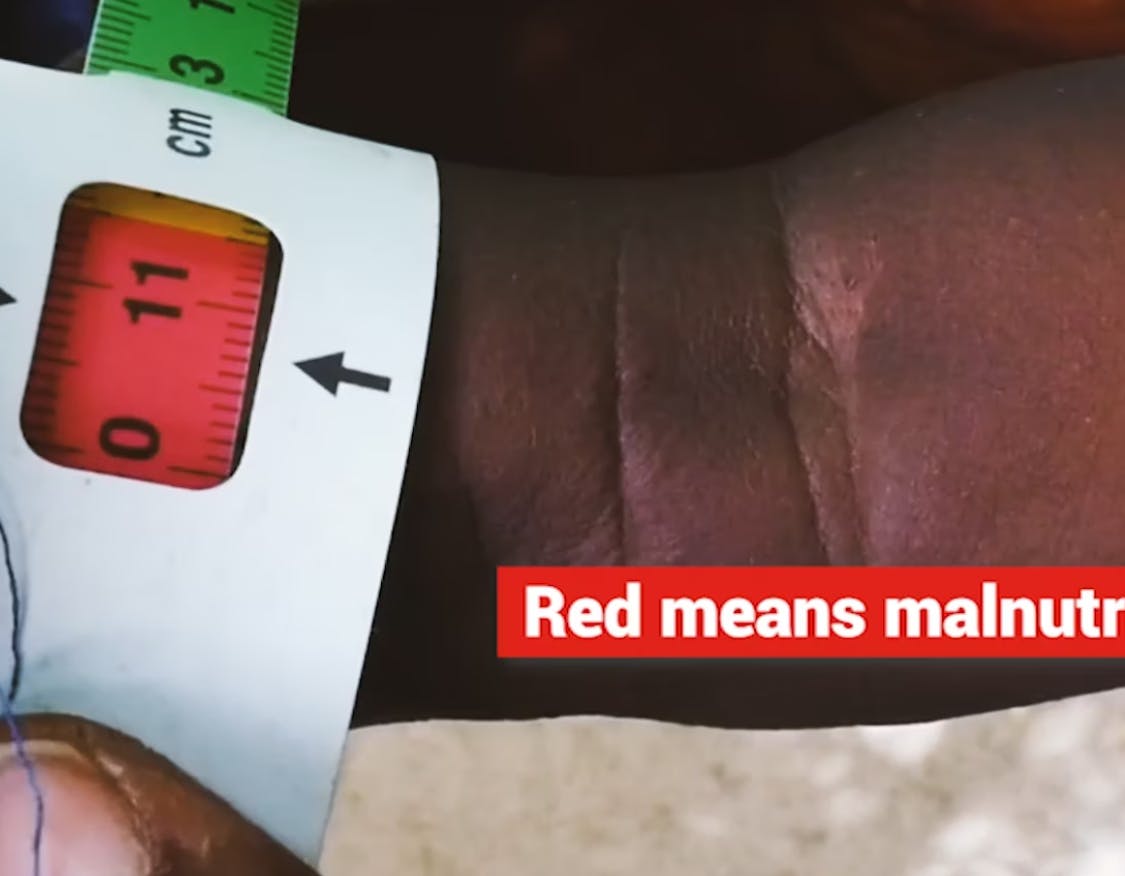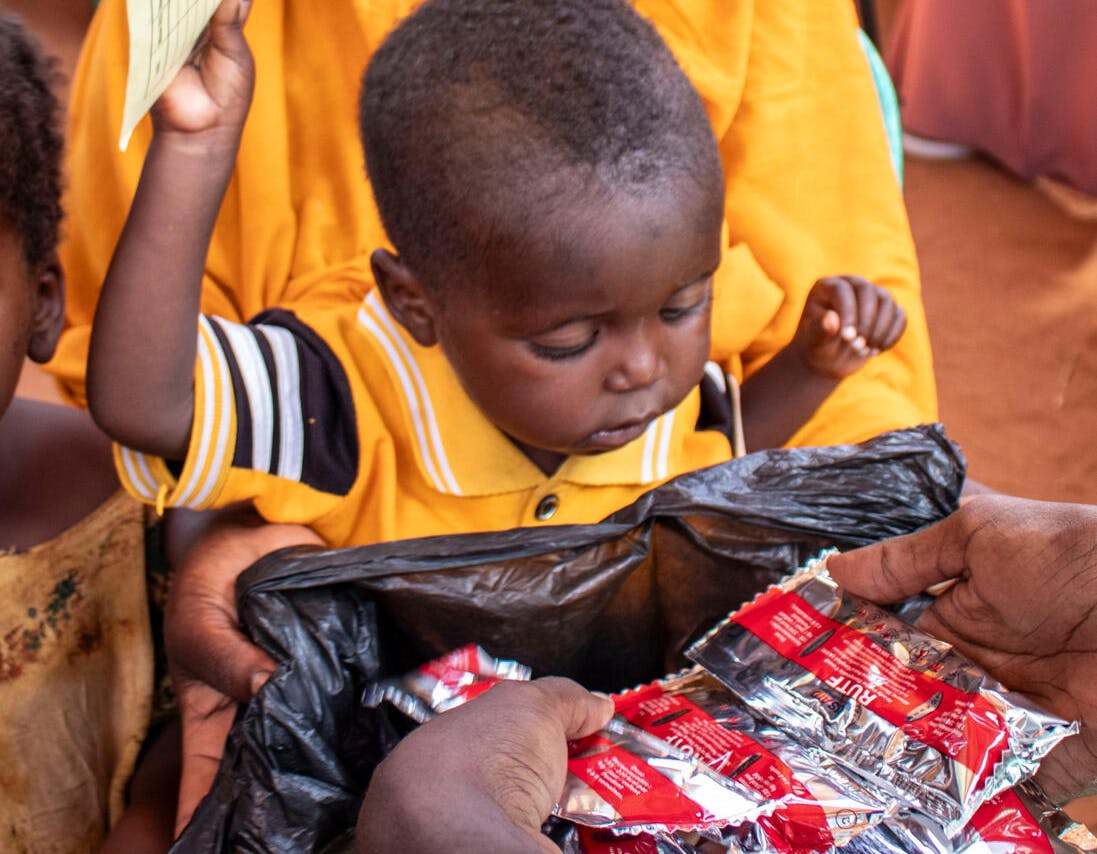
Global Malnutrition Crisis
Home
Current Appeals
Global Malnutrition Crisis
Your support can help hungry kids.
Conflict, displacement, climate change and humanitarian access constraints are fueling global hunger, and it’s reached crisis point. Mums and dads in places like Afghanistan, Somalia, Sudan and Gaza are doing what they can to feed their kids, but the challenge right now is simply too great.
UNICEF is working tirelessly to help hungry kids. We’re providing life-saving therapeutic food, delivering medicines and clean water, and nutrition support to the most at-risk children. However, these kids urgently need more help.
Donate now to help save kids’ lives.
What is children's malnutrition?
Childhood malnutrition has many faces - from a child who isn’t getting enough food to eat and is slowly wasting away, to a mum who became anaemic during her pregnancy and gave birth to an underweight baby. Not all the faces of malnutrition are instantly recognisable.
Check out these 5 things you should know about malnutrition
Malnutrition is a complicated issue, with a range of causes and quite devastating impacts on kids. It can be deadly. It can also have life-long consequences on kids’ learning, development and future prospects.
Malnutrition doesn't need to be a life sentence.
By supporting UNICEF, you're helping children beat malnutrition and go on to achieve their dreams.
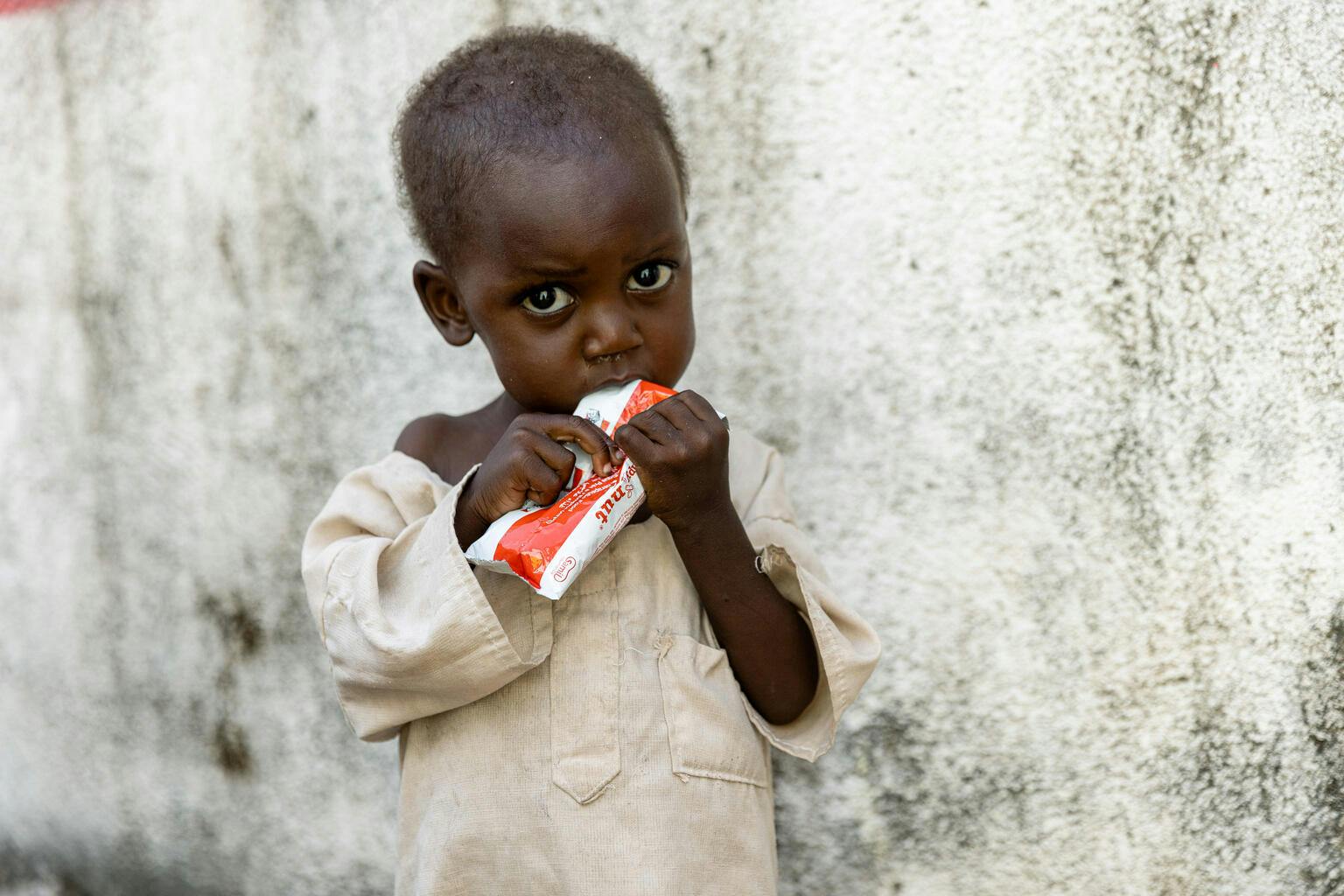
A child eats ready-to-use therapeutic food (RUTF) during a nutrition screening at Alnahda Health Centre in Nyala, Sudan.
Meet some of our Humanitarian Superheroes
These amazing people are going the extra mile every day for hungry kids
How are we helping malnourished kids?
We're passionate about helping prevent and treat childhood malnutrition.
We've got nutrition programmes in 130 countries, more than 700 nutrition experts, and numerous other health staff going wherever kids need us, and doing whatever it take to save lives.
Our life-saving malnutrition work includes:
- Providing life-saving therapeutic food and milk to malnourished kids
- Educating parents on nutrition best practices
- Promoting and supporting breastfeeding
- Training health workers in screening, diagnosing and treating kids for malnutrition
- Establishing mobile health and nutrition teams to reach remote communities
- Distributing micronutrient powder and vitamin supplements
- Responding to disasters and emergencies with nutritional support and supplies
Donors like you make a difference
While the global food crisis is hitting children and families hard, UNICEF donors have stepped up to help support the response.
Here’s a snapshot of the difference our donors helped make in 2023:
- Reach 9.3 million children with life-saving treatment for severe acute malnutrition – the most ever in a single year!
- Provide early detection and treatment for more than 150 million children in high-risk environments.
- Deliver 1.1 billion packets of ready-to-use therapeutic food (RUTF) to kids in 75 countries.
- Provide $263 million worth of life-saving nutrition supplies
You can join us to help more hungry kids, it’s easy and you can do it for very little.
A donation of 60 cents a day or $18 a month could help deliver 38 packets of therapeutic food each month to hungry kids. Or if being a monthly donor isn't an option, a one-off donation of $75 could provide 125 packets.
Helping children like Sabir
Other ways you can donate
If you'd like to donate over the phone, call our friendly team on 0800 243 575.
If you'd like to donate direct to our bank account, please use account 01-0505-0463764-00 and code 'glomc-ws'.
Other ways you can support hungry kids.
Help us spread awareness of the situation for hungry kids by sharing this appeal with your friends and family.
If you'd like to fundraise with your community to support our work, you can start a fundraiser here.
Disclaimer:
In the event that funds raised exceed UNICEF's funding requirements, the appeal no longer needs funding, or the decision is made to close this appeal, your one-off or ongoing monthly donation will go to our Greatest Need Appeal. Where possible we will communicate this with you, however in some circumstances this might not be possible.
Your life-saving monthly donations will support this appeal for a period of six months. After that they will go into our Greatest Need Fund to save and protect kids worldwide.
UPDATED: 28th July, 2025
Donate to this appeal
SSL protected donation
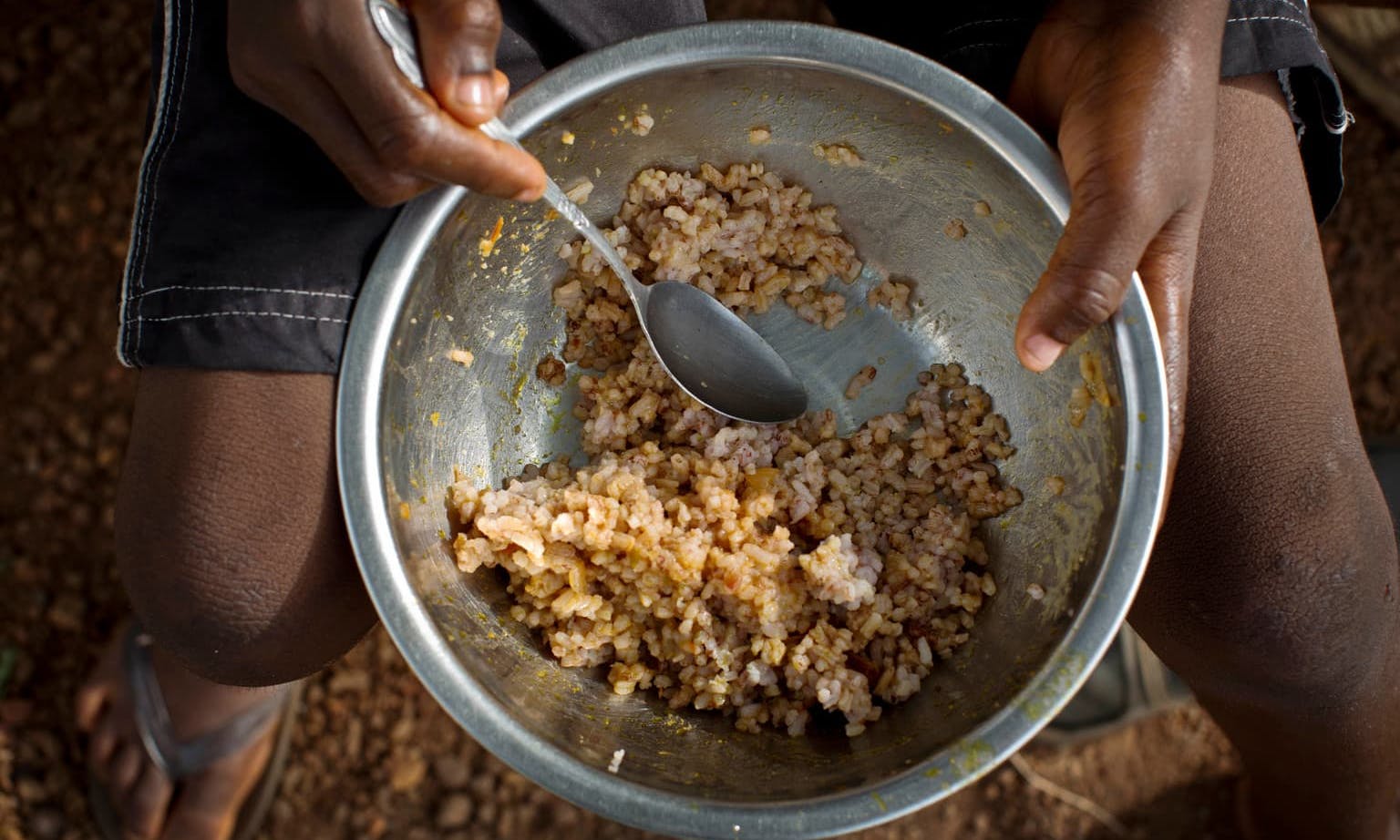
It's an ambitious goal to end world hunger by 2030
3 billion people globally cannot afford a healthy diet. We're not on track to achieve Zero Hunger by 2030. Over the last five years the number of people who suffer from hunger continues to increase.
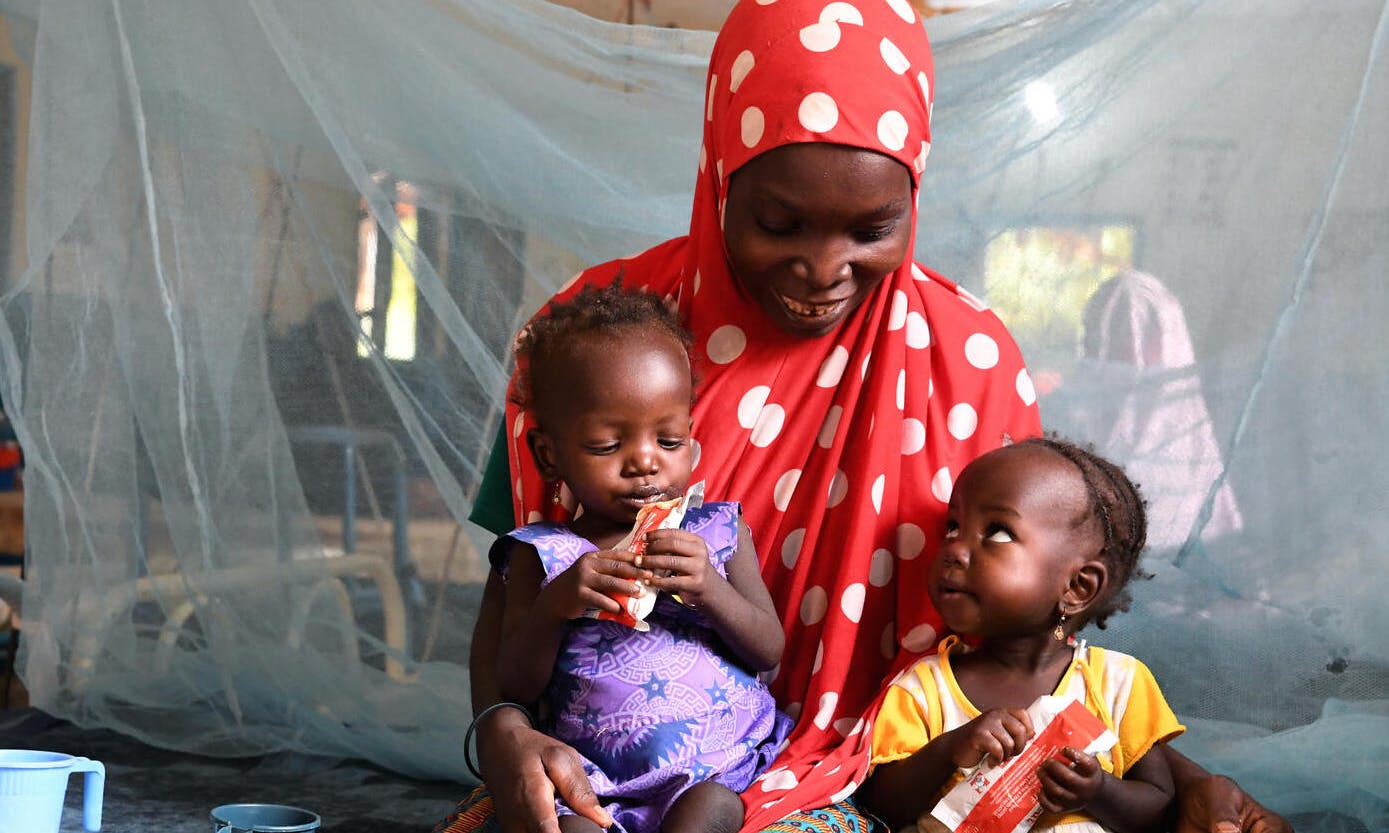
122 million more people pushed into hunger
Over 122 million more people are facing hunger in the world due to the pandemic and repeated weather shocks and conflicts according to latest reports.
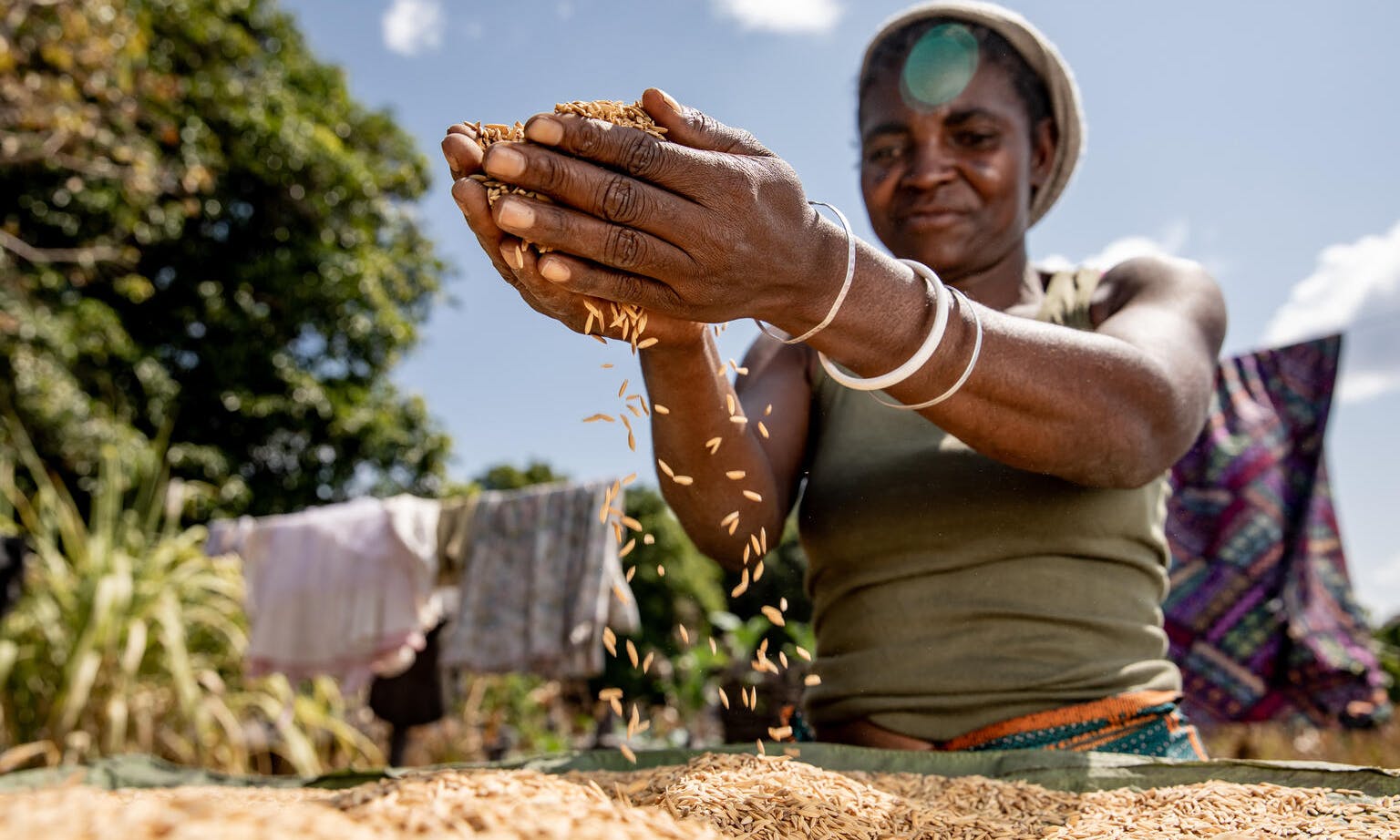
Planting seeds to thrive
In Eastern Zambia, women spend their day planting and harvesting crops. It’s hard work—but the smiles on their faces are because they have food to feed their families.
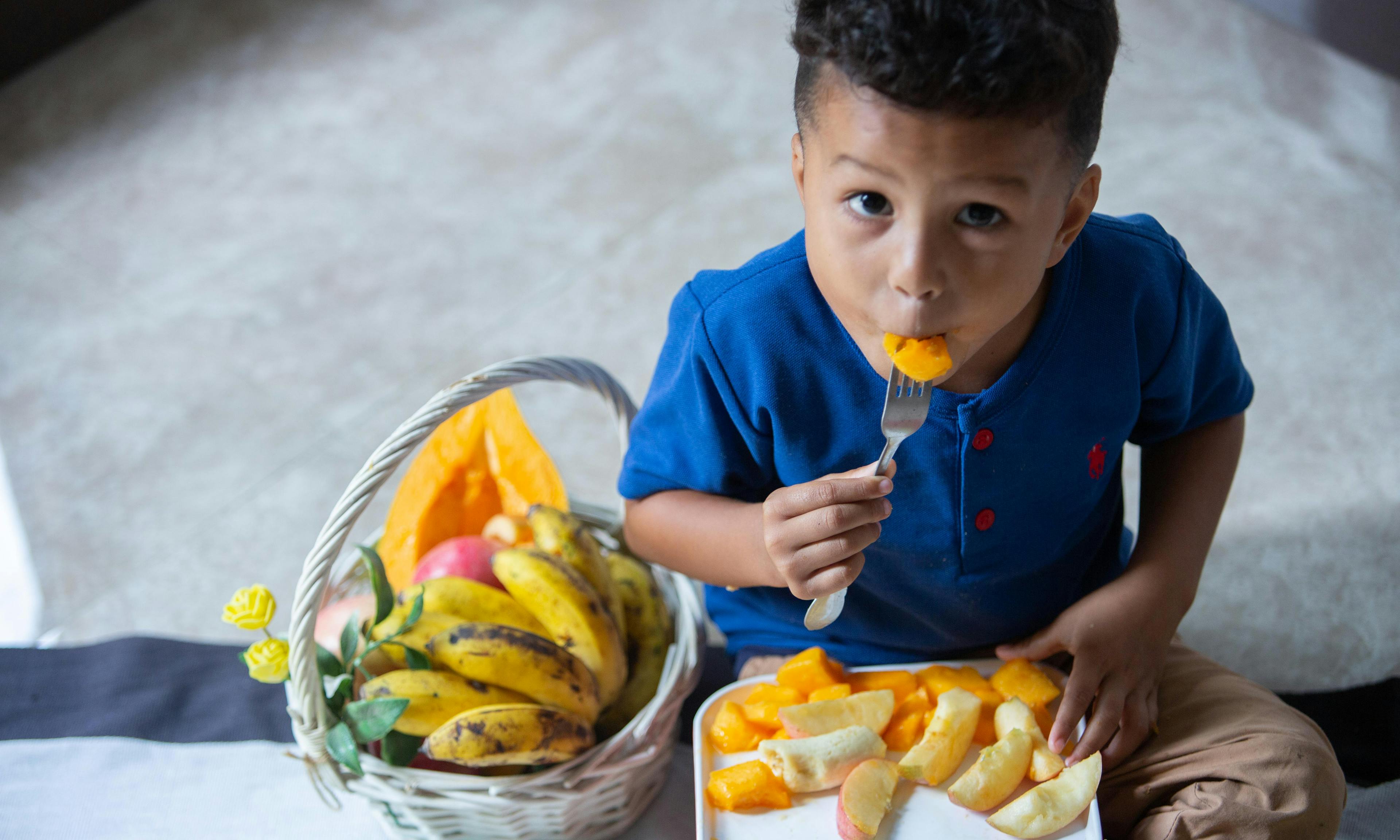
Tackling the root causes of malnutrition
Preventing, Detecting, and Treating Malnutrition: A three-part series about UNICEF’s integrated approach to the global children’s malnutrition crisis. In the first of this three-part series, we’ll explore the proven ways to prevent malnutrition before it happens and safeguard the health and wellbeing of children.



